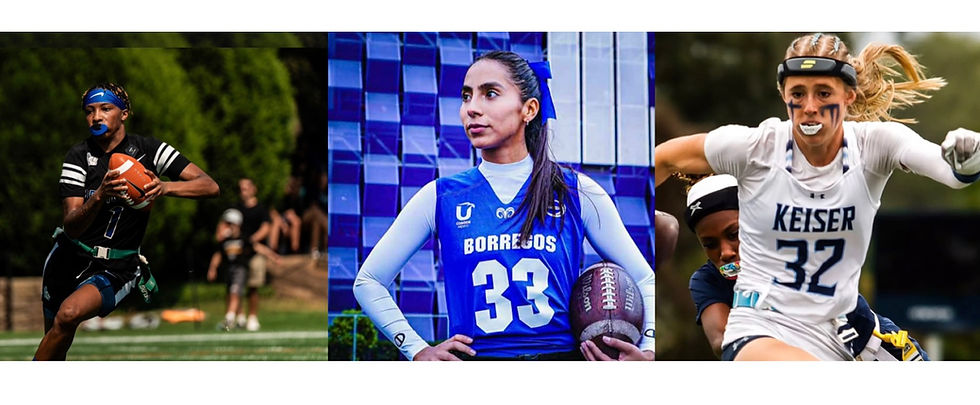Could a Conversative Supreme Court Invite Challenges to the Rooney Rule?
- condetrimental
- Feb 2, 2022
- 2 min read
Updated: Jul 21, 2022
BY: Stowell Simonton
In Grutter v. Bollinger, the Supreme Court held that colleges and universities are allowed to use race as a factor in its admissions decision. Grutter was decided in 2003 and upheld in 2016. However, the makeup of the justices has changed significantly since then. Justice Anthony Kennedy wrote the majority opinion retired in 2018, and Justice Ruth Bader Ginsburg who joined in the majority passed away in 2020. Now, with the additions of Justice Neil Gorsuch, Brett Kavanaugh and Amy Coney Barret, the Supreme Court has a 6-3 conservative majority.
The Supreme court has decided to revisit the legality of allowing race to be a factor in the admission process. The court will hear a pair of cases involving the admissions process used at Harvard College and the University of North Carolina. As of now, it is unclear when the court will hear oral arguments.
In the matter involving Harvard College, a group of students argued that the Harvard College admission process violates the Title VI of the Civil Rights Act of 1964 by penalizing applicants who identify as Asian-American. The students content that Harvard purposely discriminated against Asian- Americans by providing the applicants with lower admission score ratings and intentionally limiting the number of Asian-American it admits.
In the case brought against the University of North Carolina, Students for Fair admissions argued that public university provides racial preferences to Black, Latinx, and Native Americans, but not to Asian or white applicants. The case was brough in 2014 and alleged the admission process was in violation of the 14th amendment and federal law.
Although these cases involve the college/university admissions process, the Supreme Court decisions could open the door to challenging “The Rooney Rule.” The Rooney rule, named after former Pittsburgh Steeler owner Dan Rooney, is a National Football League (“NFL”) policy that establishes NFL must interview ethnic-minority candidates for head coaching and senior executive football operation positions. The rule has been in effect since 2003.
Detractors of the Rooney Rule will likely argue the NFL policy violates Title VII of the Civil Rights Act of 1964. Title VII is a federal law that prohibits discrimination based on certain specified characteristics: race, color, national origin, sex, and religion. Advocates of the policy will argue the rule is not in violation of Title VII because it promotes fair opportunity but does not lead to an employment decision based on race.
Because the Supreme Court now has conservative majority, legal challenges are being revisited regarding abortions, the second amendment, and now race as a factor in the college admission process. Following this trend, it is likely other groups will challenge the constitutionality of rules promoting racial diversity in the hiring process as well.
Stowell (“Stowe”) Simonton is a Business Law and Employment Law attorney located in Massachusetts. Stowe graduated from Union College in 2017 and Suffolk University Law School in 2021.
LinkedIn: Stowell Simonton, Esq. | LinkedIn
Twitter: stowe (@StoweSimonton) / Twitter






